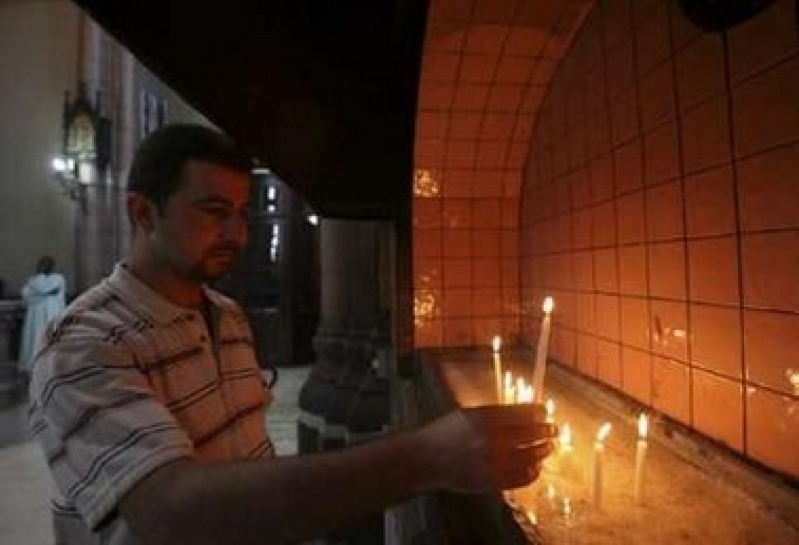
The World Evangelical Alliance is in the process of setting up an evangelical network in Iraq in an effort to offer spiritual and physical support to Iraqi Christians by uniting them with the global body of evangelicals.
The World Evangelical Alliance – which represents some 420 million evangelicals worldwide – plans to open an alliance in Iraq next year, said the Rev. Dr. Geoff Tunnicliffe, international director of the WEA, in an interview with The Christian Post.
“We are committed to seeing an evangelical alliance launched in Iraq,” said Tunnicliffe. “We have already been working on it for a year and we think it is a very critical time for the Christians there – with the immense pressure that they are under – to have an alliance.”
WEA leaders have been bringing together the small Iraqi evangelical population to build “bridges of understanding” across denominational lines and help them identify what they can do better as a group.
Although the specifics on what the Iraqi Alliance will do are still being discussed, some of its likely activities include representing the evangelical community in discussions with the government, alerting the world about Christian persecution and kidnappings in Iraq, and helping to distribute humanitarian aid.
“Forming an evangelical alliance … helps in negotiations with governments because the government becomes aware that this group of evangelicals – even though small in their country – is part of a huge network of people around the world,” said Tunnicliffe.
“When you negotiate different things with the government, having that backing is really important,” said the WEA head.
The plight of Iraqi Christians has increasingly been raised in the media with the pope expressing concern about the minority group during his recent meeting with President Bush, and with the U.S. Commission on International Religious Freedom holding its first-ever Iraqi minority hearing last month.
During the USCIRF hearing, the pastor of one of the largest church in Iraq shared about the desperate situation of Iraqi Christians and the lack of help from the international community.
“The situation is more than desperate,” said the Rev. Canon Andrew White, vicar of the 1,300-membered St. George’s Anglican Church in Baghdad. “The Coalition has failed the Christians. We have done nothing to support the Christian community or the increased Christian suffering.”
“Nothing has been provided as far as I have known,” said White, who has worked in Iraq for over a decade. “None of the Christians I have seen has ever received any help. We have huge needs.”
The Baghdad church head noted that 36 of his own congregants were kidnapped within only the last month, and only one was returned after the church gathered the money for his ransom.
“Violence against all Christians are increasing all the time,” emphasized White.
Instability and incessant fighting has forced over 1.8 million Iraqis from their homes in Iraq while nearly 2 million Iraqis have fled Iraq since the 2003 U.S.-led offensive, according to the U.N. High Commissioner for Refugees. Christians are estimated to make up nearly half of the refugees fleeing Iraq although they make up only three percent of the country’s population.
“In some of the countries around the world, where Christians are a very small minority, the fact that they are linked to a global body brings greater encouragement,” said Tunnicliffe.
“If you feel like you’re living in isolation and you think you are alone it is very easy to get discouraged and despondent and want to leave,” he said. “But if you realize that you are part of a growing network of believers, it doesn’t mean the problems go away, but that you are facing your problems and challenges with a growing group of people that share a common set of values with you.”
The WEA head urged Christians worldwide, especially Americans, to pray for Iraqi Christians and reminded believers that despite whether they think the war is right or wrong, they still have the responsibility to be concerned for the Christian body suffering in the country.






